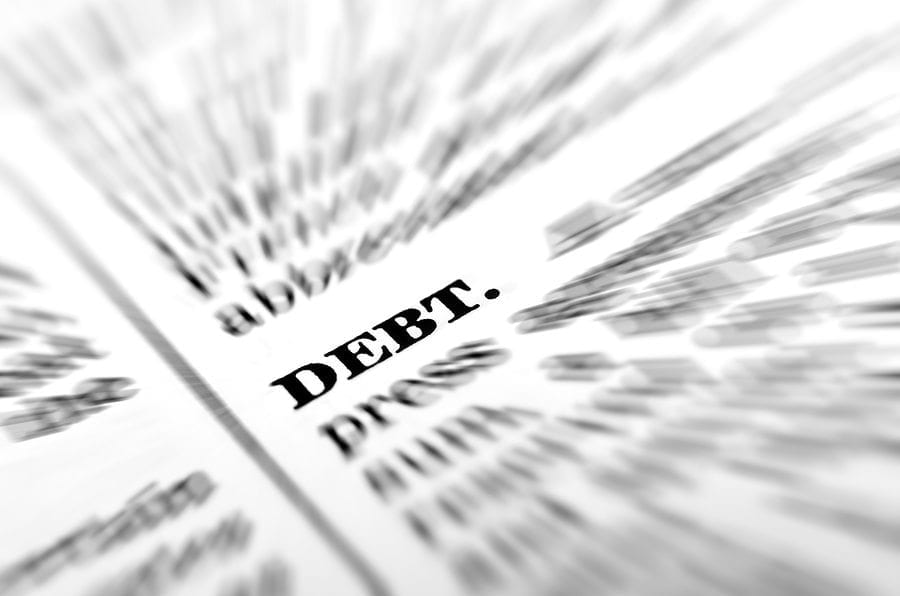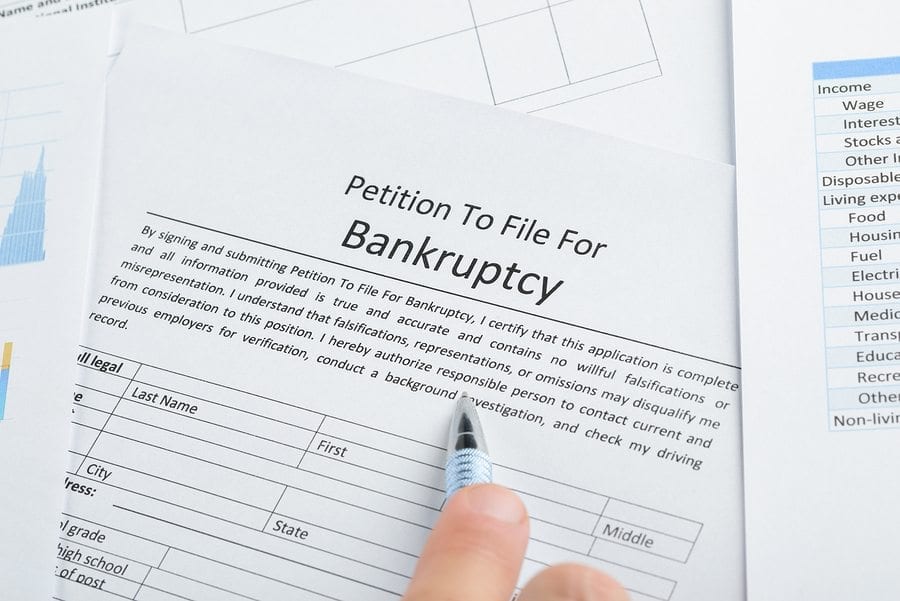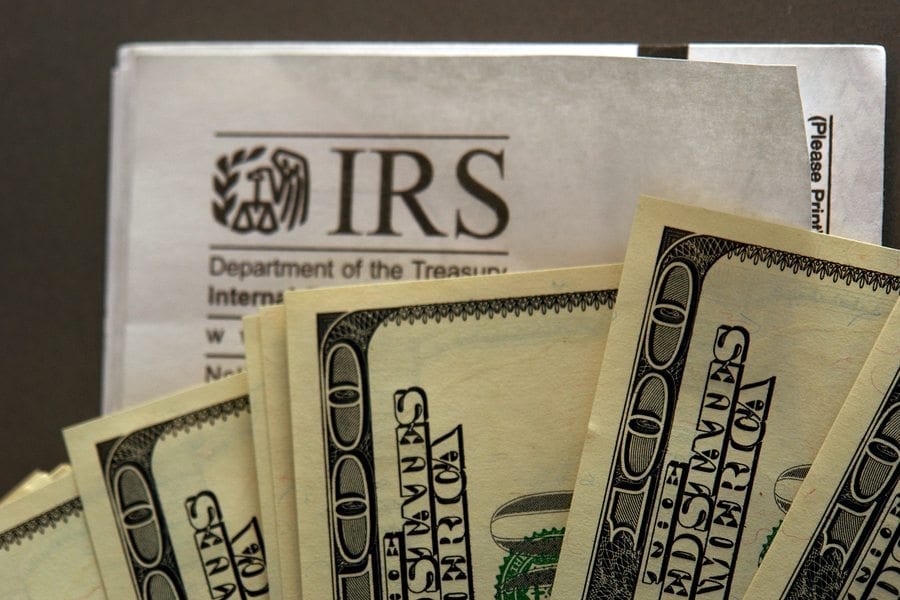For some individuals, falling on hard times can happen through no fault or personal failing of their own. In some cases, a serious illness, injury, or medical event creates significant amounts of medical debt while preventing the individual from working. In other situations, a divorce, separation or other difficult family situations can push a household into debt. The important takeaway to remember is that few people want to fall behind and most people are willing to explore all options to get a fresh financial start.
Therefore, many potential clients come into our Philadelphia bankruptcy law offices considering an array of options to address their financial concerns. Potential clients frequently ask about whether a debt consolidation could prevent the need for a bankruptcy or if a consolidation should be filed as part of a bankruptcy petition. The Philadelphia bankruptcy lawyers of Sadek Bankruptcy Law Offices are proud to address concerns like these for individuals considering bankruptcy in Pennsylvania and southern New Jersey.
What Is Debt Consolidation? Should I Consider it as a Bankruptcy Alternative?
Debt consolidation is often marketed as a solution to debt problems. Unfortunately, debt consolidation is rarely a long-term solution to debt problems. The relief it provides may even encourage financial irresponsibility that further exacerbates the financial situation. This is because a debt consolidation generally works by treating the symptom of the “illness” and not the cause.
To start, a debt consolidation requires creditors that are ready and willing to negotiate. If all creditors are willing to negotiate, you can roll all of your payments into a single payment to a debt consolidation company. However, if one or more creditor refuses to negotiate, you will not be able to consolidate your debt fully.
Furthermore, debt consolidation negotiations typically concern modifications to the amount of time to pay or the interest rate. However, in most cases, debt consolidation companies will negotiate and creditors will be willing to accept longer repayment terms. At first glance, this seems like a benefit to the borrower because he or she can pay less money over more time. Unfortunately, the full principle still exists and it will now continue to accrue interest over a longer period. Furthermore, the reduced monthly payments may encourage the borrower to take on new debt. While all experiences differ, debt consolidations often result in the borrower paying more overall while they remain in debt for years.
Debt Consolidations May Delay Your Return to Financial Health and Are Not Typically required as Part of a Bankruptcy Filing
As one can see, debt consolidations are not appropriate in all circumstances. Often superior relief can be achieved through a Chapter 7 bankruptcy or a Chapter 13 bankruptcy filing. Since there are limits on how often one can receive a bankruptcy discharge, it is prudent to explore all options. However, one can see how a Chapter 7 or Chapter 13 bankruptcy might offer superior and more expedient relief in the examples below.
Assuming that one’s debt is mostly unsecured debt and that one qualifies for Chapter 7 bankruptcy, a filing of this type is the fastest way to get out of debt. Chapter 7 bankruptcy is simply the most effective means to dispatch with credit card debt, medical debt, and any other debt not secured by property. In many cases, an individual can complete a Chapter 7 bankruptcy proceeding in about 6 months and emerge debt free. Contrast this outcome where financial health is achieved in less than a year to a debt consolidation where the individual will generally pay more money over many years.
If a Chapter 7 bankruptcy is unavailable or inappropriate due to significant amounts of secured debt or assets, a Chapter 13 filing also typically results in a more favorable outcome than a debt consolidation. Like a debt consolidation, filing for bankruptcy will simplify your debt payments by allowing you to make a single payment to the bankruptcy trustee. While it is true that a Chapter 13 plan can take three to five years for the taxpayer to complete, a debt consolidation would likely entail a similar timeframe. However, at the end of a Chapter 13 proceeding, a bankruptcy discharge can forgive a significant amount of the outstanding debt. This relief is not generally available in a debt consolidation. Chapter 13 of the bankruptcy code also contains provisions permitting certain secured loans to be “stripped” and treated as low priority unsecured debts. Thus, Chapter 13 bankruptcy often results in outcomes that are more favorable for people looking to handle their debt concerns.
Work with Strategic Bankruptcy Lawyers in Philadelphia
If you are considering your bankruptcy and non-bankruptcy options to get out of debt, the lawyers of Sadek Bankruptcy Law Offices may be able to help. To schedule a free and confidential bankruptcy consultation at our Philadelphia, Pennsylvania, or southern New Jersey law offices call 215-545-0008 today or contact us online.







